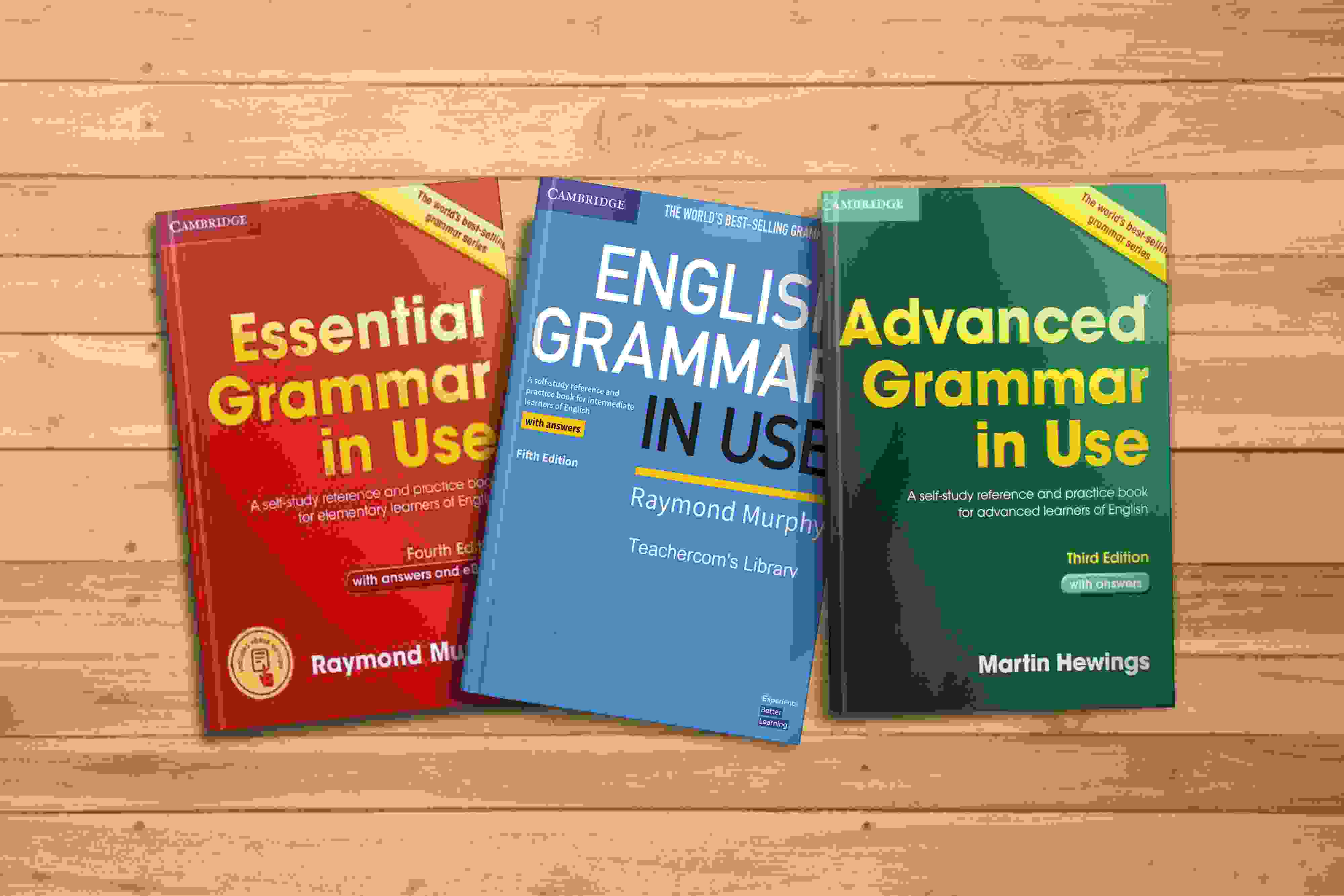- Have any questions?
- [email protected]
- Home
- Resources
- English Grammar
- Conditionals - English Grammar - English Free Test|Englishfreetest.com

Conditionals are structures in English that establish what will happen if a certain event takes place or action is performed, i.e. if a certain condition is true, a certain result occurs. There are four types of commonly used conditionals in English that are differentiated on the basis of the degree of possibility implied by each conditional: the first conditional, the second conditional, the third conditional and the zero conditional.
First Conditional
This conditional is used to talk about future events that might happen. It uses the present tense to discuss the possible future event.Example:
- If it rains, we will have to cancel the picnic.
- If you come with me, I will make it worth your while.
- If I go abroad, I will get something back for you.
- If you want until 1pm, you can go back with him.
- If you visit Paris, you must see the Eiffel Tower.
Second Conditional
This conditional is used to talk about unreal possibility or impossible events; they establish the course of action that would follow, were something to happen hypothetically.Example:
- If I had a million dollars, I would buy a penthouse on Park Avenue.
- I could stop working if I won the lottery.
- If I were well-versed in the subject, I would help you with your assignment.
- If I were you, I would ask her to marry me.
- What would you do if it were to rain later?
Third Conditional
This conditionals talks about the past, unlike the first and second which discuss events in the real or unreal future. These conditions, too, are therefore impossible, because they have either already occurred or might have occurred but won't anymore.Example:
- If I had studied a little more in college, life would have been easier.
- If we had gotten to the airport on time, we would have caught our flight.
- I could have asked him about the matter if he had shown up.
Sometimes the 'if' clause is merely implied, as in:
Example:
- I would have done it. (...if you had asked me to)
- I wouldn't have allowed it. (...if it had been tried with me)
Zero Conditional
The zero conditional discusses an absolute certainty; the result of the condition is always true. The most common types of zero conditionals are scientific facts, like If you cool water to zero degrees, it turns into ice. Zero conditionals, therefore, do not deal with the future or the past; they simply deal with facts. The 'if' in these conditionals can be replaced with 'when': When you cool water to zero degrees, it turns into ice.- Tags:
- Conditionals
- english grammar